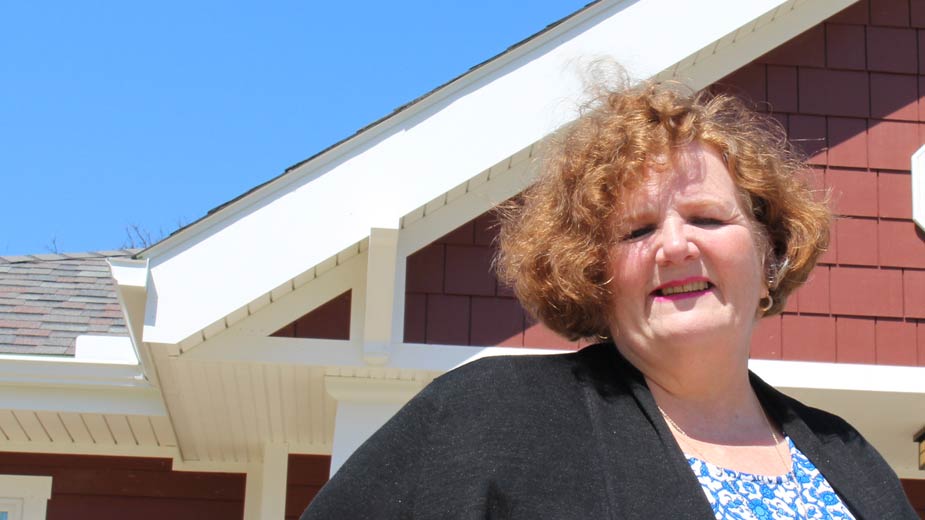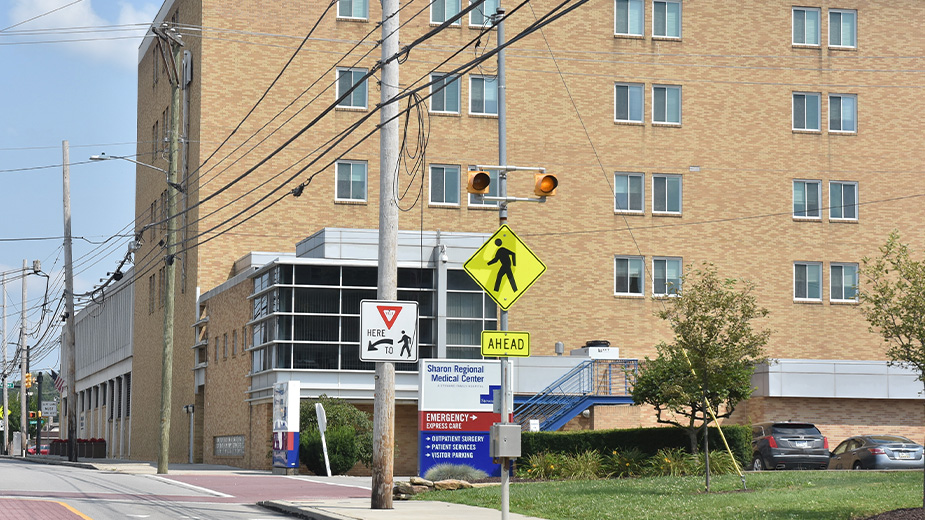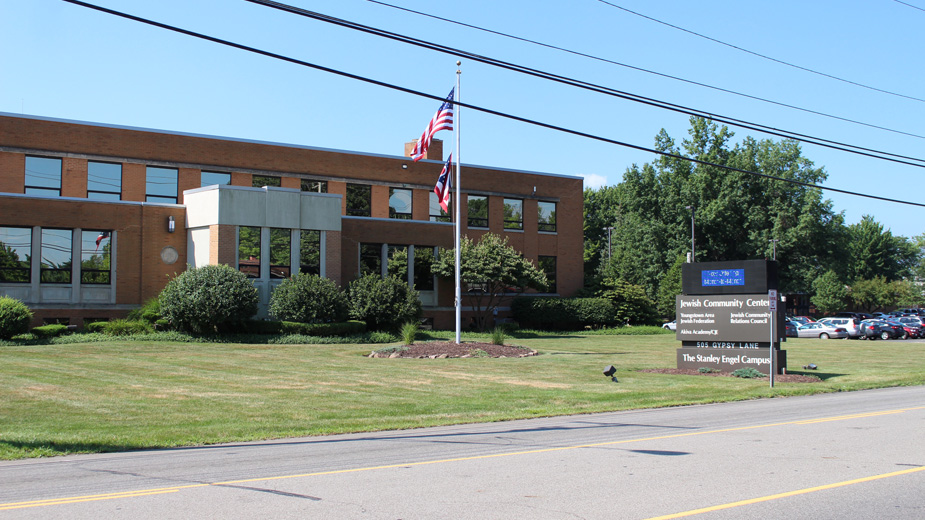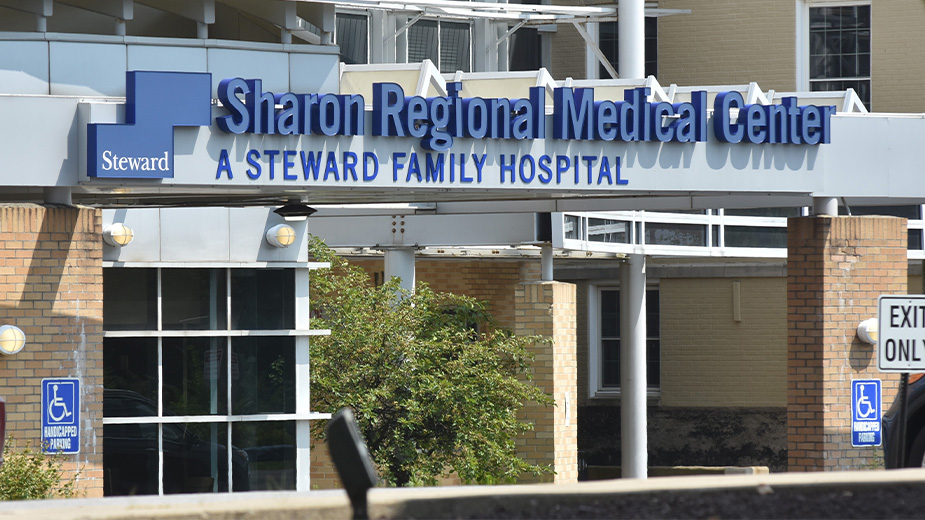Neil Kennedy Clinic Opens 4th Recovery House
YOUNGSTOWN, Ohio – A dozen more women who suffer from addiction can continue their recovery in a supportive environment at the Neil Kennedy Recovery Center.
Tracy Plouck, director of the Ohio Department of Mental Health and Addiction Services, joined Neil Kennedy staff and community leaders Wednesday afternoon to open the new Pugh, Cinelli, Wang and Gerberry Vision House.
Built next to the clinic on Rush Boulevard, the recovery house is the fourth that serves Kennedy clients.
“We’re in a very difficult, painful time in this culture,” remarked Dr. Albert Cinelli, one of the four physicians on whose behalf an anonymous donor named the house and contributed $150,000 toward it. “Children are being decimated with psychological and physical disabilities because of this never-ending episode of opiates, fentanyl and all these drugs that are crippling thousands and thousands of people.”
Connecting someone who is struggling with addiction to long-term recovery requires “a continuum of services and supports,” Plouck said.
“It isn’t just about the ability to access treatment but having available recovery housing, stable jobs, peers to assist people as they’re early in recovery — and even later — as well as 12-step programs,” she said. “It really takes a widespread series of interventions and supports because addiction is a chronic circumstance, a chronic condition.”
At any time, the clinic has a list of 13 persons for recovery housing, said Carolyn Givens, clinic executive director. Five women are in the house, one of two houses dedicated to female clients, she said.
“As you can imagine with the [drug] epidemic, we have people needing to get into care all the time,” Givens said. “Once they come into the intensive track with detox and then inpatient [care], we’d like to step them down so that we can get them better acclimated into a natural environment.”
Housing is part of the continuum of care Kennedy offers, she said. Patients often have lost many of their support mechanisms: employment, housing and even their families, she said.
“This allows them to establish a new beginning, and they need that to have a sober life,” she said. “We can’t do that without housing because I’m not sure where we’d send people” She lamented that landlords usually don’t like to rent to individuals addicted to illegal substances.
“Oftentimes, if someone goes through intensive treatment, their only option is to return to the neighborhood or the home where family members or friends may still be using. That creates a specific risk for people who are early in recovery and likely to relapse if they’re in an environment that’s not supportive,” Plouck said.
The state agency provided $150,000 toward the $350,000 cost of the project, which included construction and furnishings. It contributed the funds because of Kennedy’s “proven record of quality performance,” Plouck said.
Other contributors include the Mahoning County Mental Health and Recovery Board, which provided $25,000 as seed money.
Duane Piccirilli, executive director of the Mental Health and Recovery Board, commended project donors.
“It’s not easy giving away money because everybody’s after you for money,” he said. “Giving it here is a blessing.”
Copyright 2024 The Business Journal, Youngstown, Ohio.



